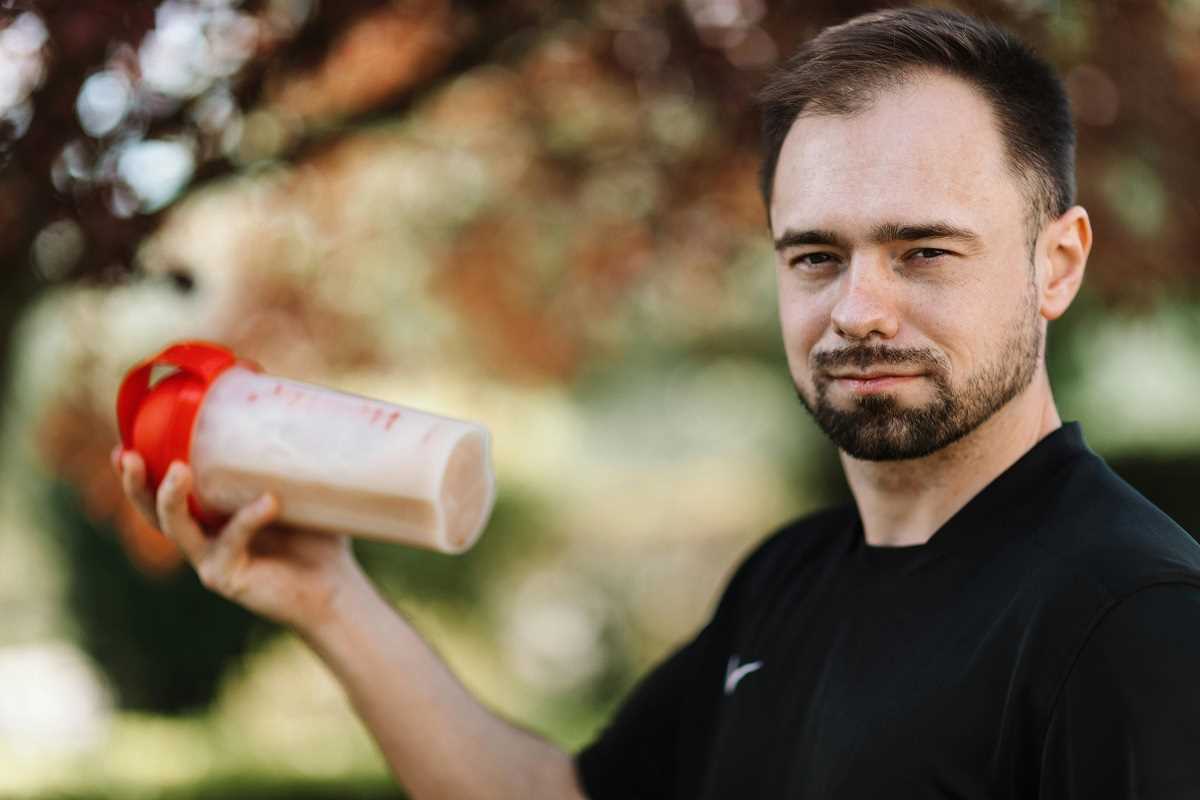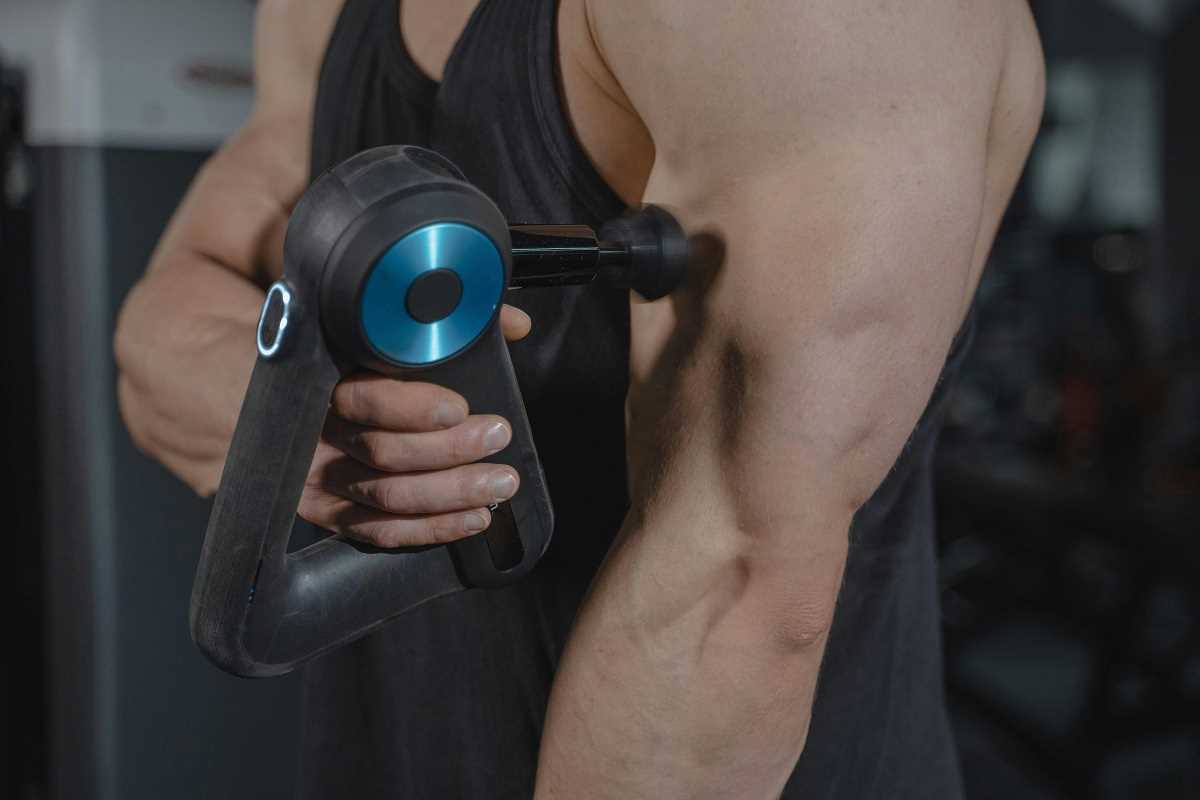After a tough workout, your muscles need time, nutrients, and proper care to recover and grow stronger. Rest plays a big role, but nutrition can make a huge impact on the recovery process. Supplements are here to step up and help repair muscle damage, reduce soreness, and get you ready for your next session.
Certain supplements have become go-to choices among athletes and everyday fitness fans for their ability to help with recovery. From classic options like protein powders to trending ingredients like omega-3s, these supplements combine science and performance to keep you moving forward.
Here’s a breakdown of the leading supplements for muscle repair and why so many people swear by them.
1. Protein Powders
Protein is among the most popular supplements when it comes to muscle recovery, and it’s not hard to see why. Your muscles are made of protein, and after a workout, they need it to repair the small tears caused by your exercise routine.
Protein powders, such as whey, casein, and plant-based options, are an efficient way to obtain high-quality protein quickly, making them a staple for recovery.
Why It Works
Protein packs amino acids, which are the building blocks of muscle tissue. After working out, your muscle fibers go through muscle protein synthesis (MPS), where protein is used to repair and strengthen damaged tissues. Having protein soon after a workout maximizes MPS, which translates to better recovery and growth over time.
Science Behind It
Research from the Journal of the International Society of Sports Nutrition suggests that 20–40 grams of high-quality protein post-workout can effectively stimulate MPS. Whey protein stands out for its fast absorption and high leucine content, a key amino acid for muscle repair.
Who Should Use It
Whether you’re into heavy lifting or just starting out, protein powder can help speed up recovery and improve your performance.
2. Branched-Chain Amino Acids (BCAAs)
BCAAs are a household name in the fitness world. These essential amino acids (leucine, isoleucine, and valine) play a direct role in muscle recovery and easing soreness. Unlike other amino acids, BCAAs are broken down in the muscles rather than the liver, so they act quickly when consumed post-workout.
Why It Works
BCAAs trigger muscle repair and help maintain lean muscle mass. Leucine, in particular, activates paths in the body that fuel MPS. BCAAs also lower creatine kinase levels, an enzyme linked to muscle damage, which can reduce post-workout soreness.
Science Behind It
Research in the Journal of Human Kinetics shows that BCAA supplementation helps reduce muscle soreness and improves function after intense weight training. Another study in Nutrients confirmed a decrease in fatigue and soreness for participants taking BCAAs during and after exercise.
Who Should Use It
If you often deal with soreness after workouts or take on endurance-heavy activities, BCAAs could improve how quickly you recover.
3. Creatine
Creatine is one of the most researched and effective supplements out there. It’s a compound naturally stored in your muscles, where it helps generate energy for short bursts of effort, like sprinting or lifting. Beyond this, creatine also supports recovery from strenuous exercise.
Why It Works
Creatine boosts the energy reserves in your muscle cells and helps reduce inflammation, creating a more supportive environment for muscle repair. It also promotes water retention in the muscles, improving recovery and reducing soreness.
Science Behind It
A meta-analysis in the Journal of Strength and Conditioning Research highlighted how creatine supplementation improved recovery from high-intensity exercises and lessened muscle cell damage.
Who Should Use It
If weightlifting, HIIT, or other intense activities are part of your routine, creatine could make your recovery smoother.
4. Omega-3 Fatty Acids
Fish oils or omega-3s may not be the first thing to come to mind for recovery, but they play a huge role in reducing muscle inflammation. These healthy fats offer a natural way to support repair and comfort post-workout.
Why It Works
Omega-3s, particularly EPA and DHA, have anti-inflammatory effects. After a tough workout, inflammation in your muscles can slow the recovery process. Omega-3s help reduce this, making it easier for your body to get back to normal.
Science Behind It
A study in the American Journal of Clinical Nutrition found that omega-3s eased delayed onset muscle soreness (DOMS). Another study in the Journal of Sports Science and Medicine linked omega-3s to improved MPS, thanks to their ability to enhance the body’s anabolic response to exercise.
Who Should Use It
If you want a natural way to ease inflammation or reduce soreness after workouts, omega-3s could be a solid choice.
5. Magnesium
Magnesium is often overlooked, but it’s a key player in muscle function and recovery. This mineral is involved in hundreds of body processes, including those that help your muscles recover after exercise.
Why It Works
After intense movement, magnesium helps relax your muscles while aiding in their repair. It also reduces the likelihood of cramps and helps control hydration levels, making sure your body works efficiently during recovery. Low levels of magnesium can lead to longer-lasting soreness and fatigue.
Science Behind It
A review in Nutrients emphasized magnesium’s connection to reduced muscle fatigue and soreness. Athletes who used magnesium reported feeling less muscle pain and improved strength during recovery.
Who Should Use It
Magnesium is a great pick if you’re dealing with cramps or want to improve how your body feels after tough workouts.
6. Tart Cherry Juice
Tart cherry juice is becoming increasingly popular among athletes as a natural and tasty way to promote recovery. Packed with antioxidants and anti-inflammatory compounds, it supports the body in bouncing back after hard training sessions.
Why It Works
Compounds in tart cherries, like anthocyanins, help combat oxidative stress and reduce inflammation in the muscles. This speeds up recovery and minimizes soreness after challenging workouts.
Science Behind It
A study in the Scandinavian Journal of Medicine & Science in Sports showed that tart cherry juice reduced soreness post-exercise. Similarly, the Journal of the International Society of Sports Nutrition found it to be particularly effective for reducing DOMS after endurance training.
Who Should Use It
Endurance athletes and anyone prone to soreness after high-volume exercises can benefit from adding tart cherry juice into their routine.
7. Glutamine
Glutamine is another supplement that deserves attention for its role in muscle repair. It’s an amino acid that aids in tissue recovery and even supports the immune system as your body works to rebuild itself.
Why It Works
Glutamine protects your muscles from breaking down and speeds up the rebuilding process. It also replenishes glycogen levels, which are critical for energy post-workout.
Science Behind It
The European Journal of Applied Physiology cited research showing that glutamine supplementation improves muscle recovery and decreases exercise-induced muscle damage.
Who Should Use It
Anyone pushing hard in endurance events or intense weight training will find glutamine helpful for smoother recovery.
Supplements can greatly complement how your body repairs itself after a workout.
Nevertheless, they’re most effective when paired with a balanced diet, good hydration, and plenty of sleep. Think of them as pieces of the recovery puzzle, not the sole solution. With the right choices, powering through your next workout and feeling ready to go again will be easier than ever.
 (Image via
(Image via





